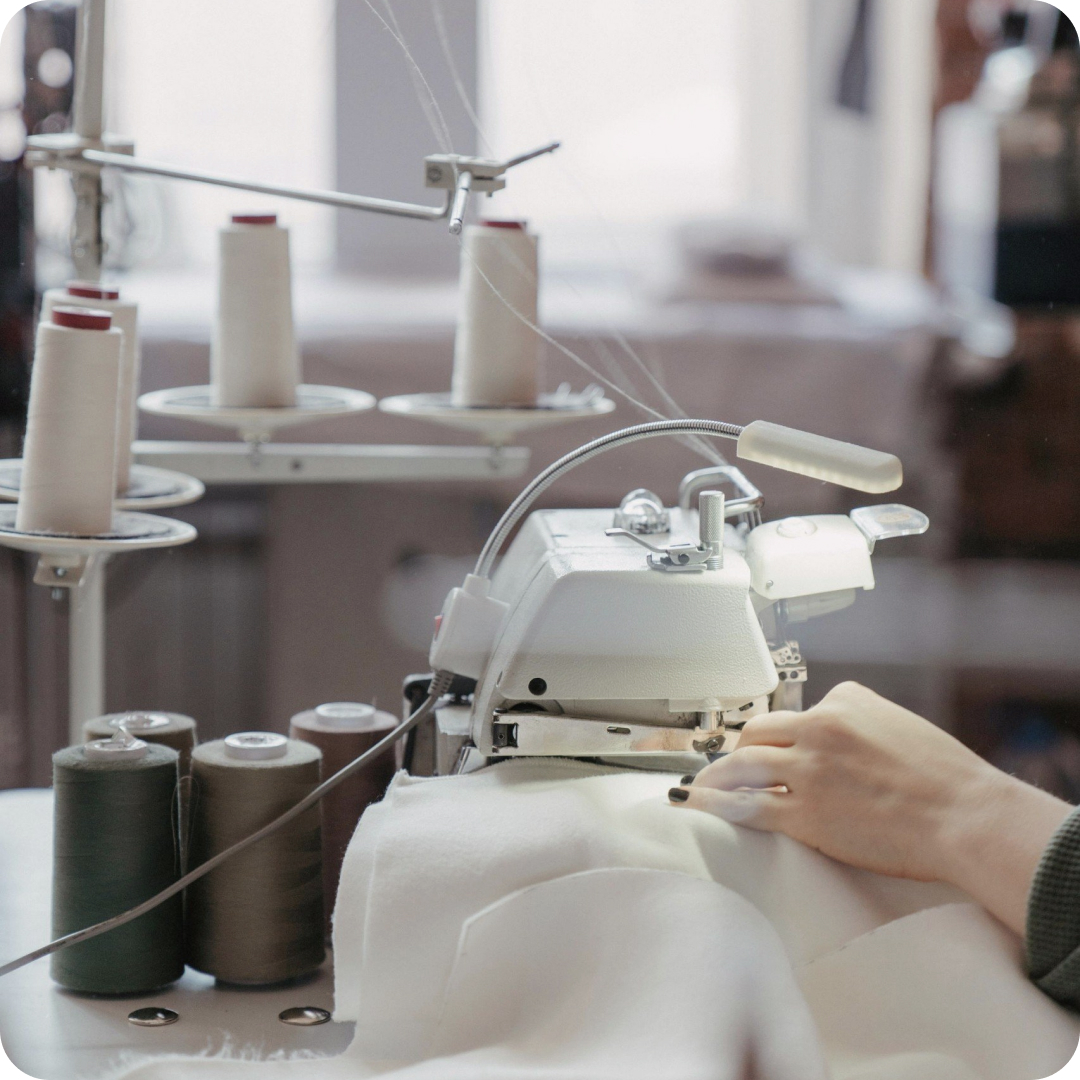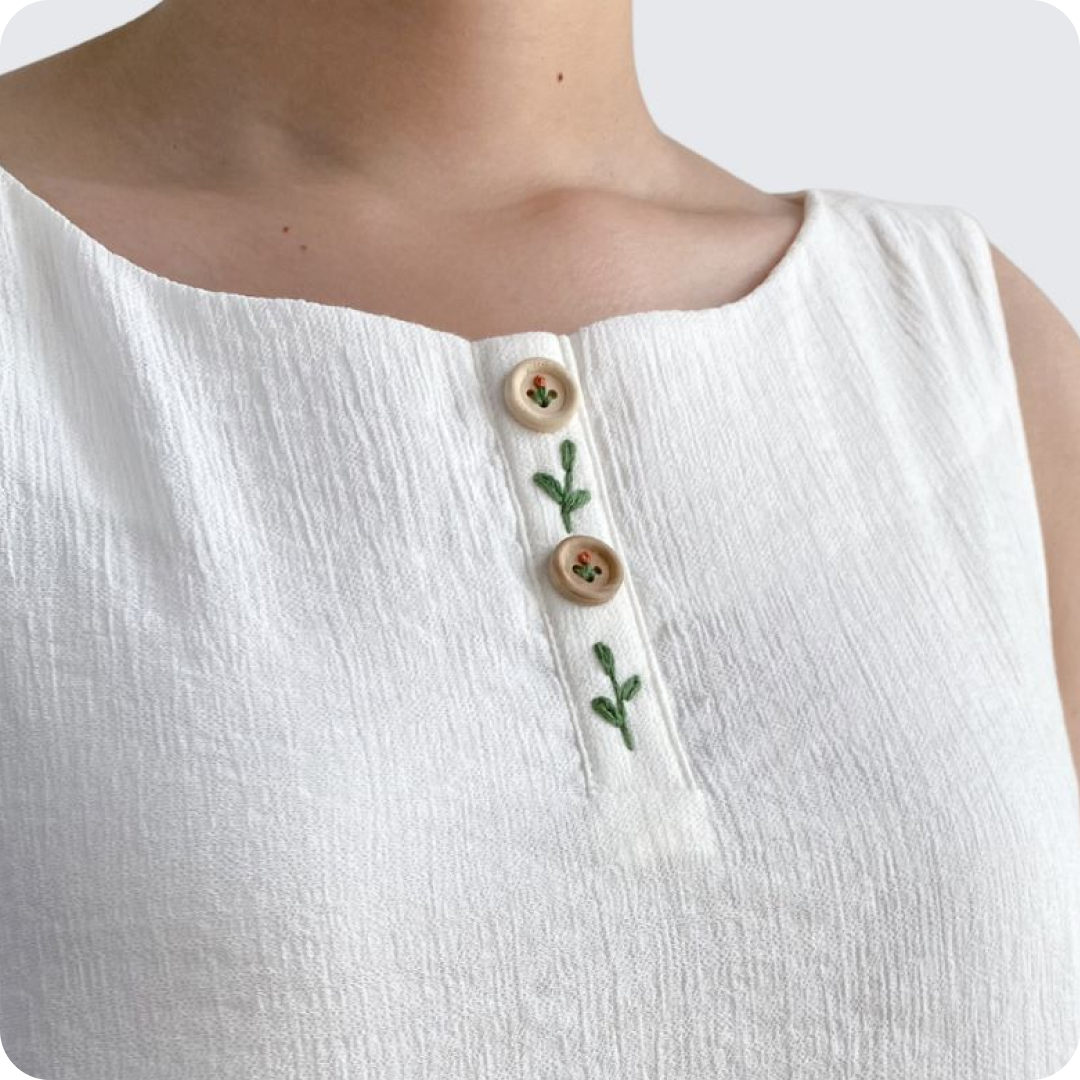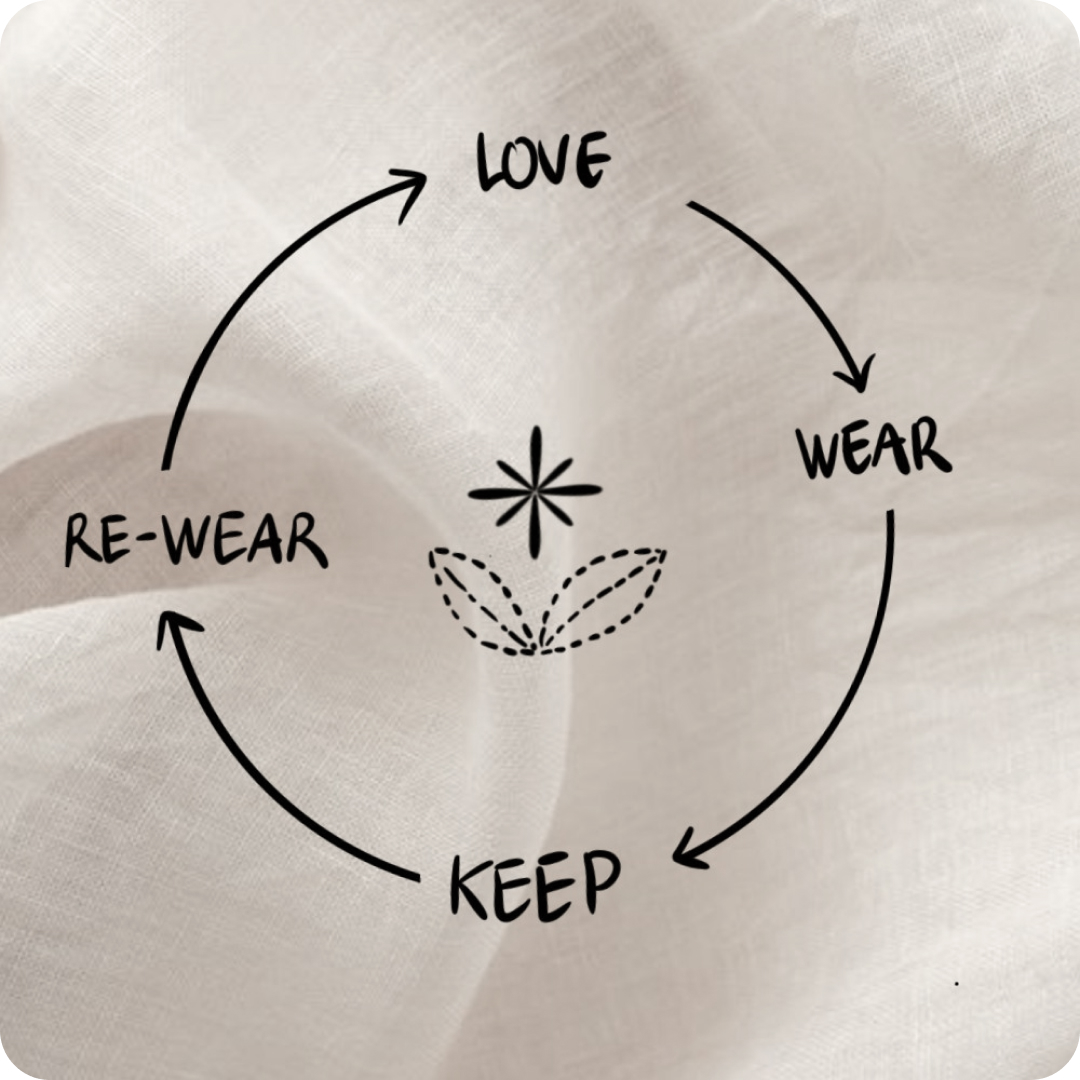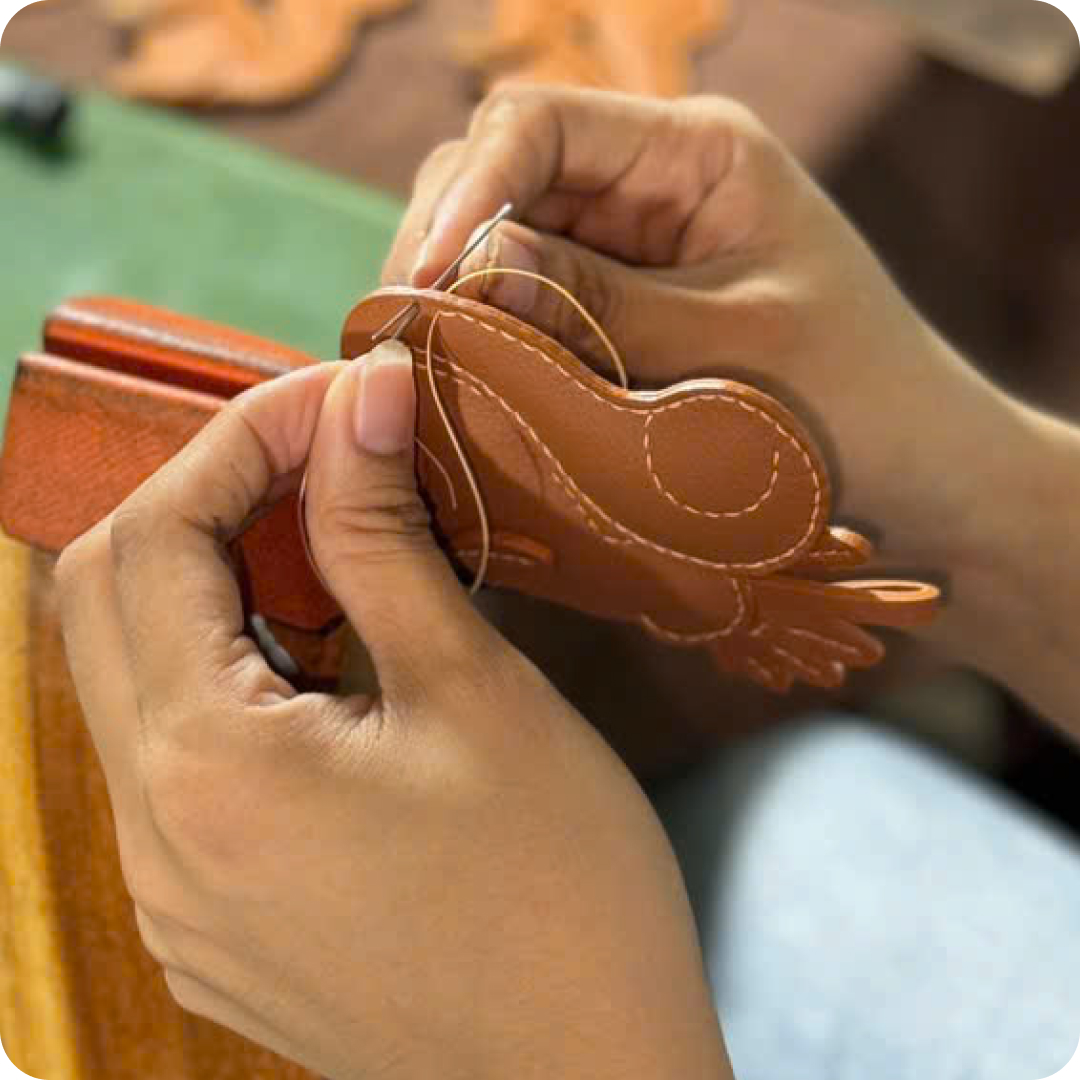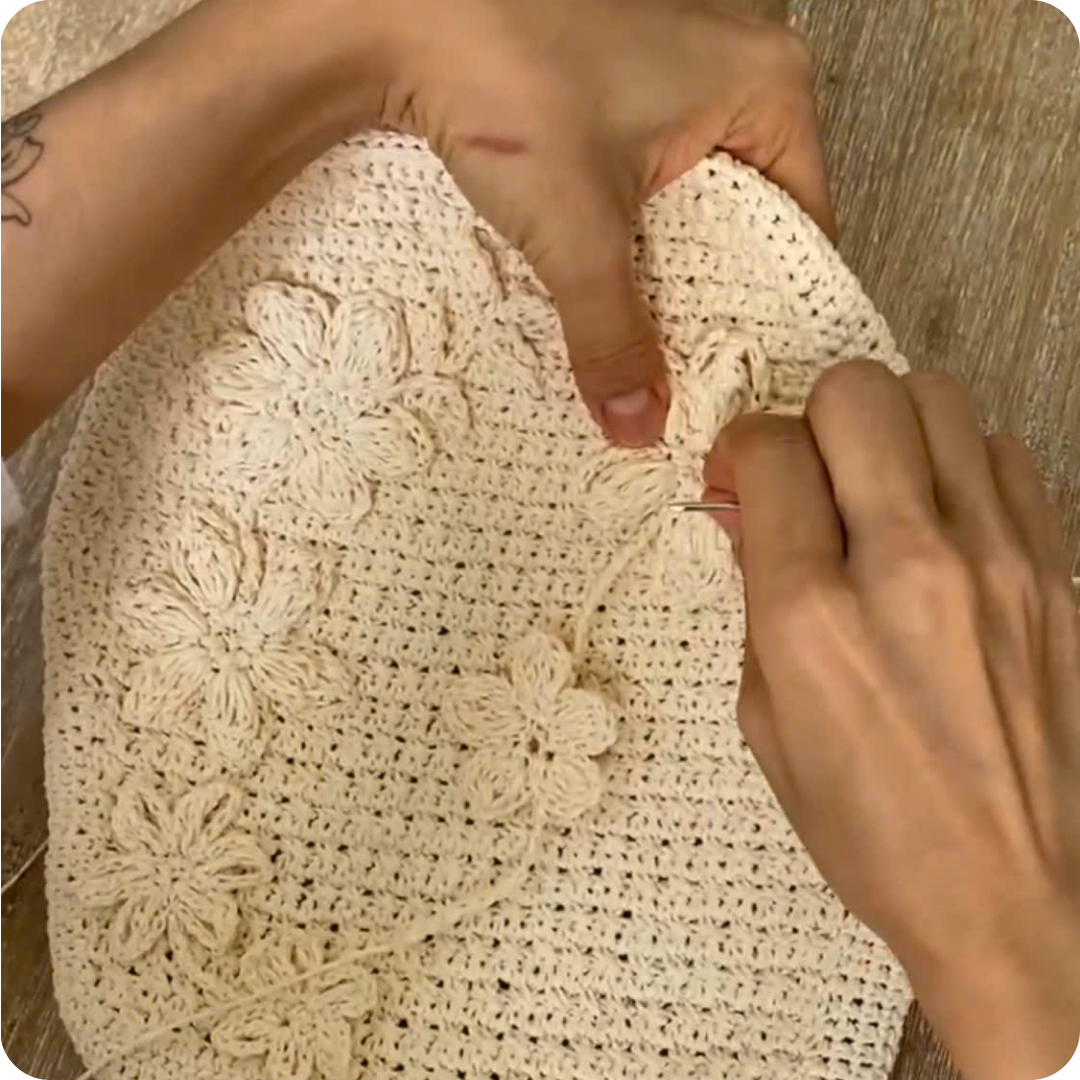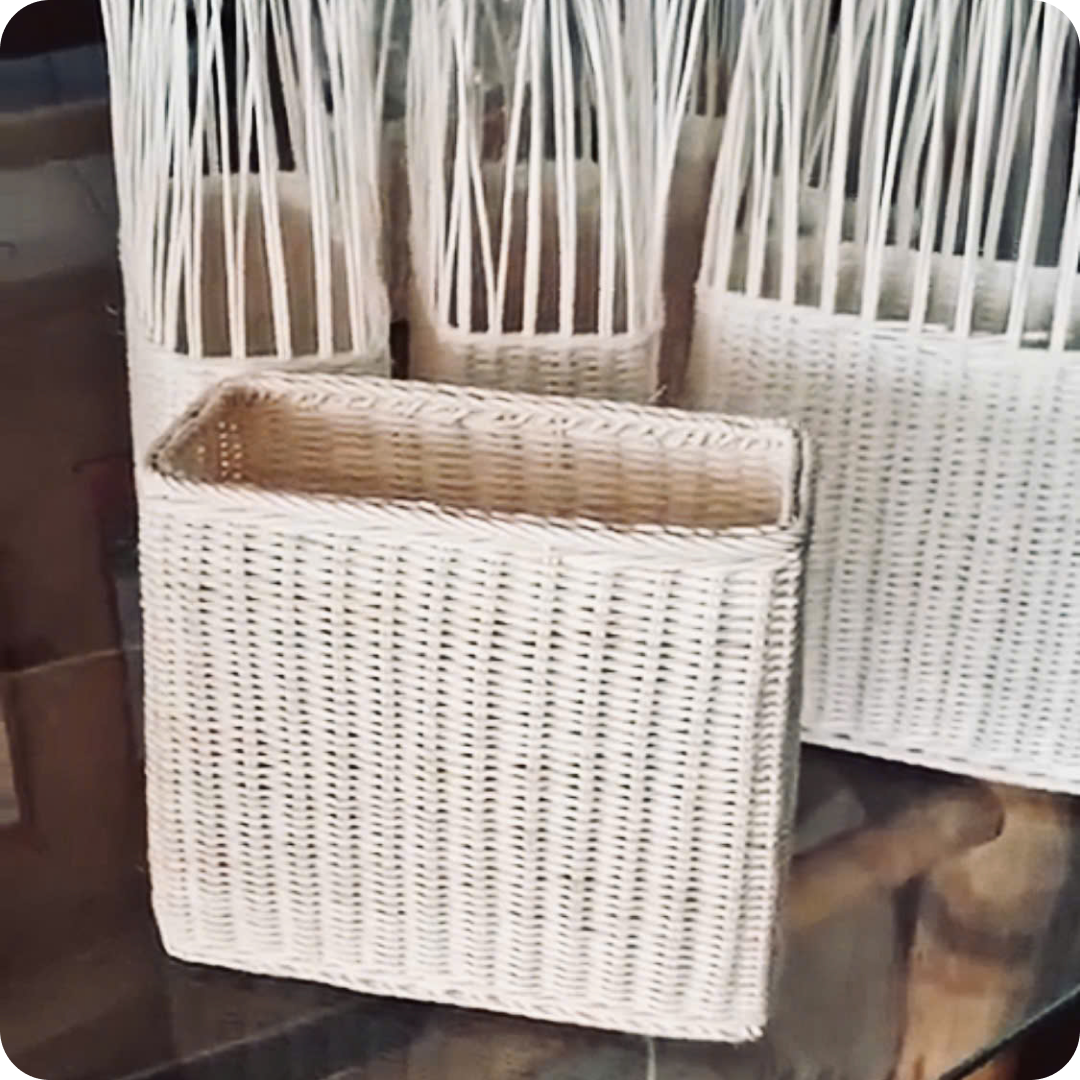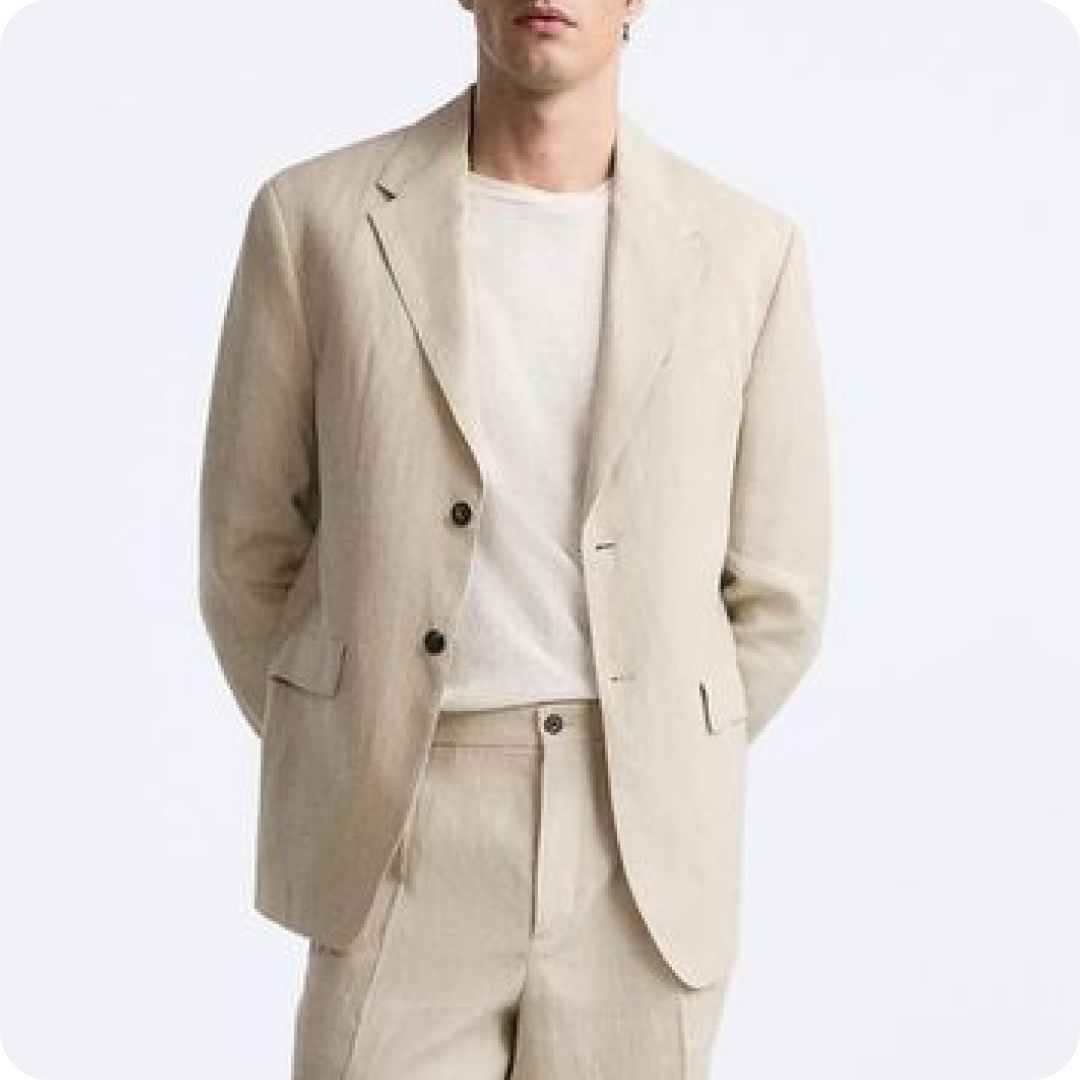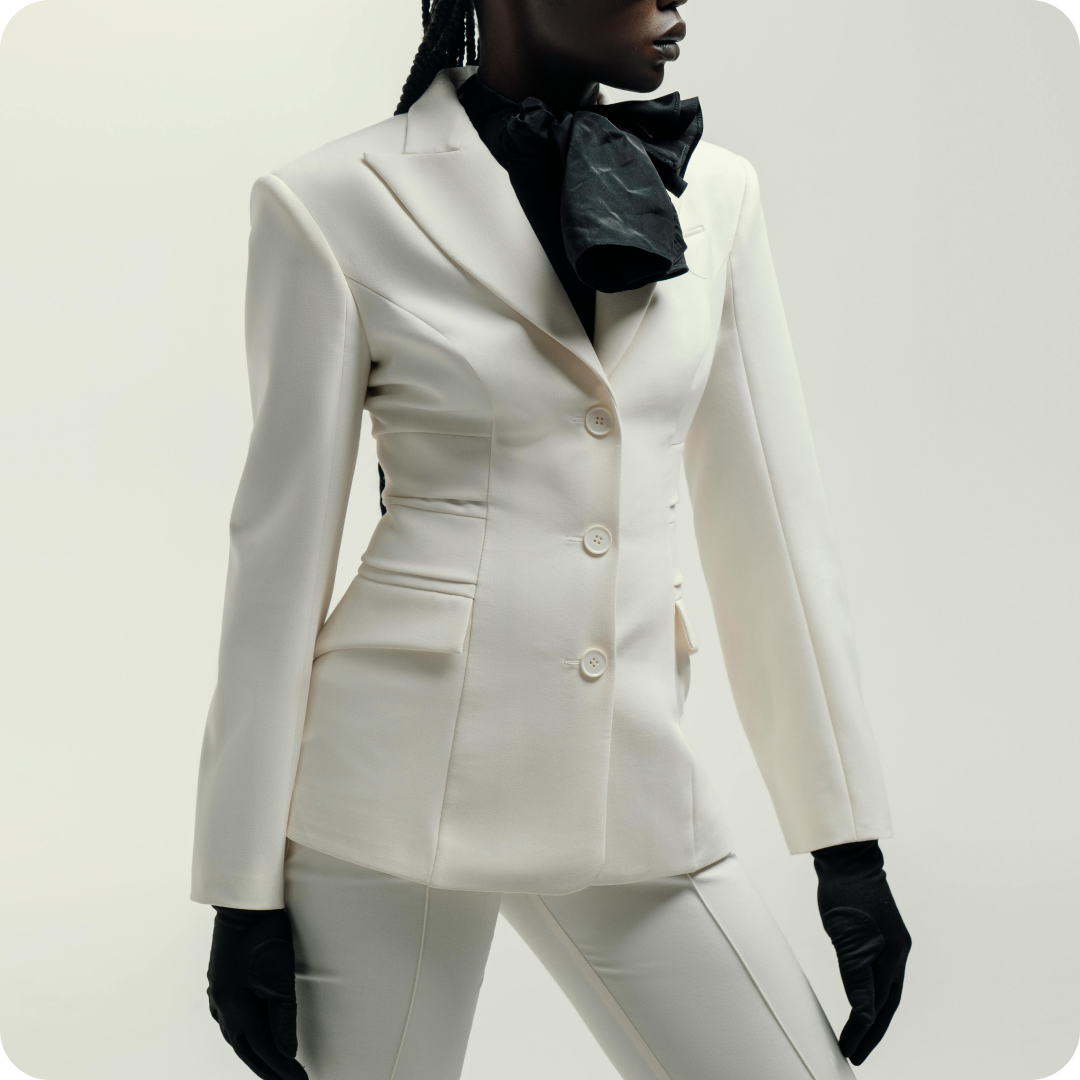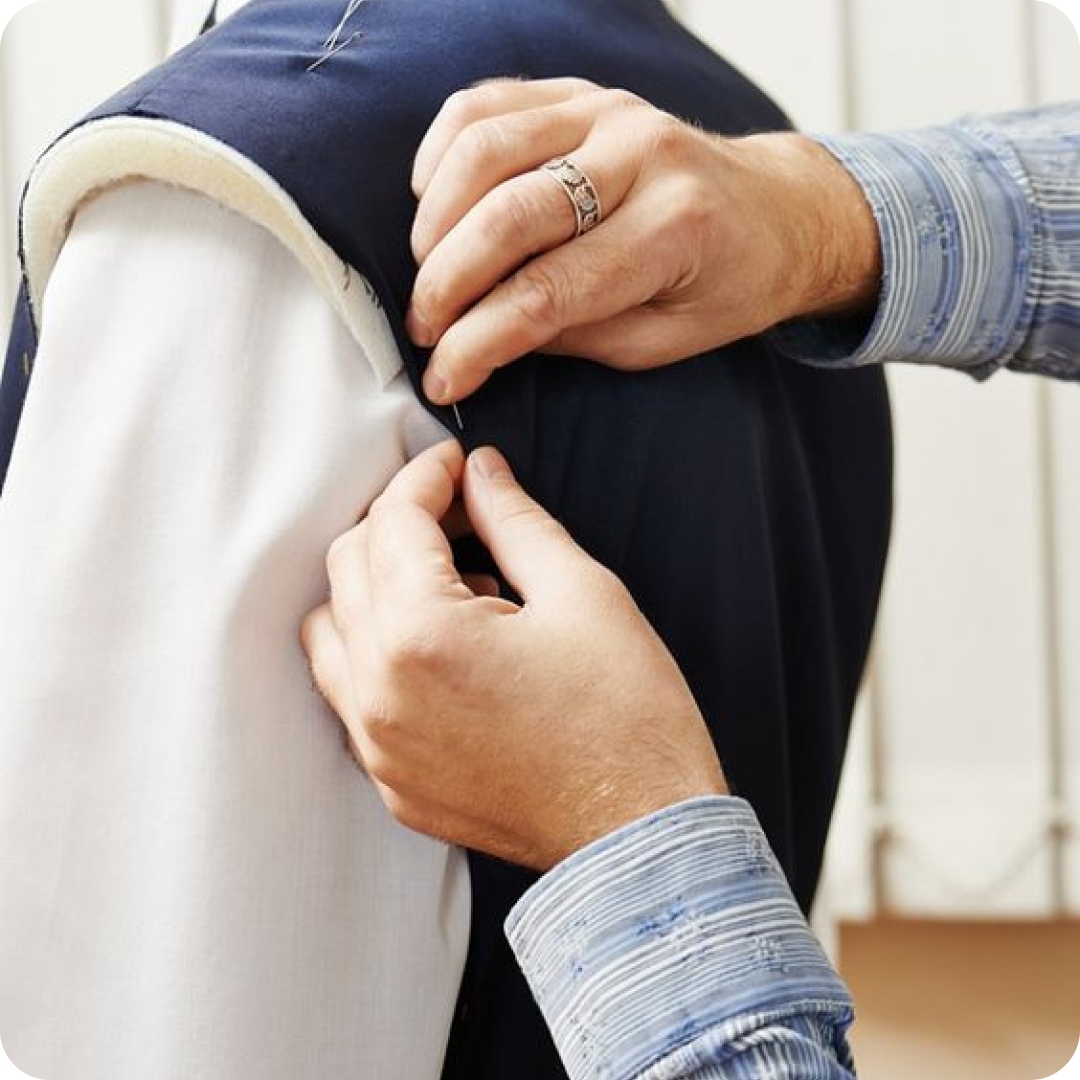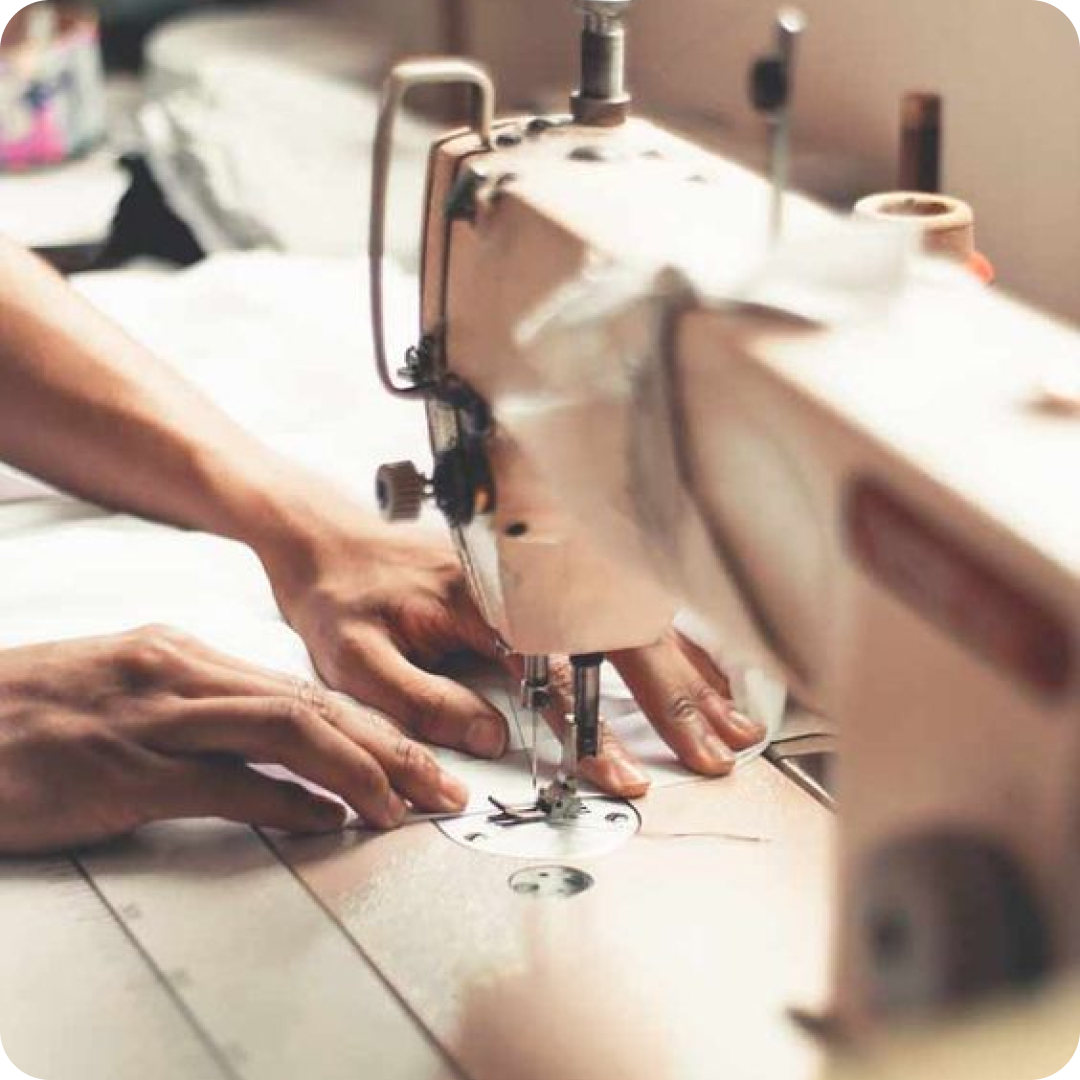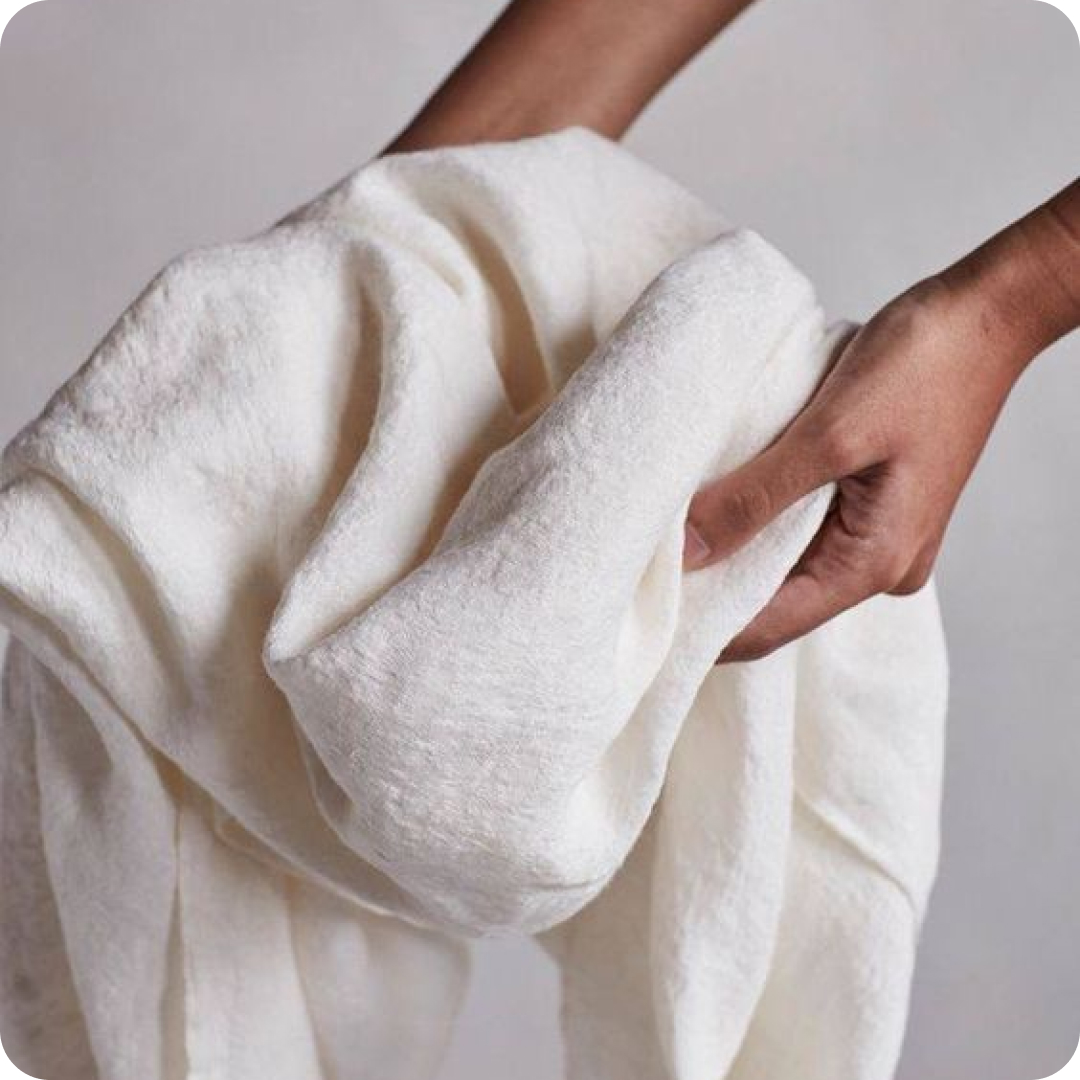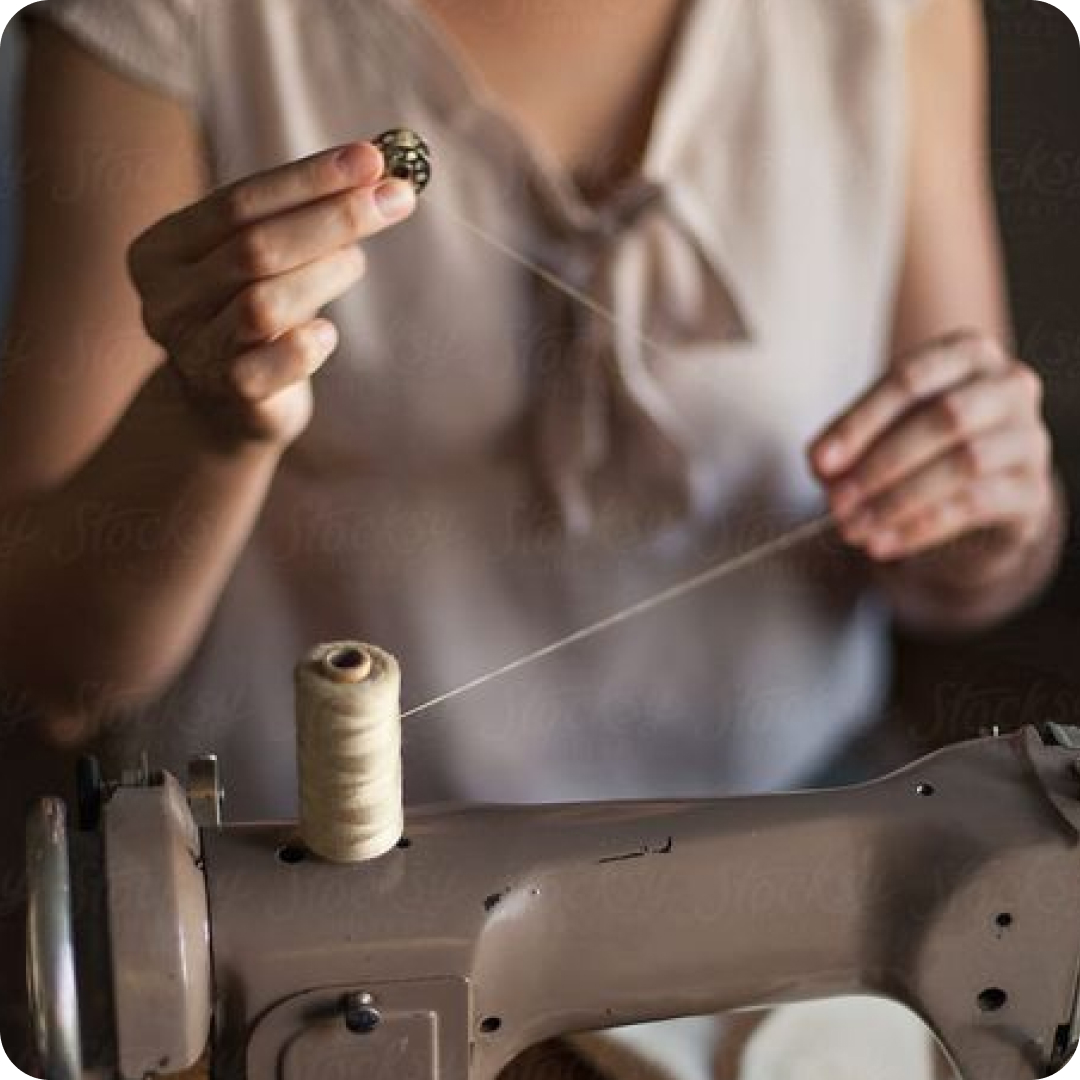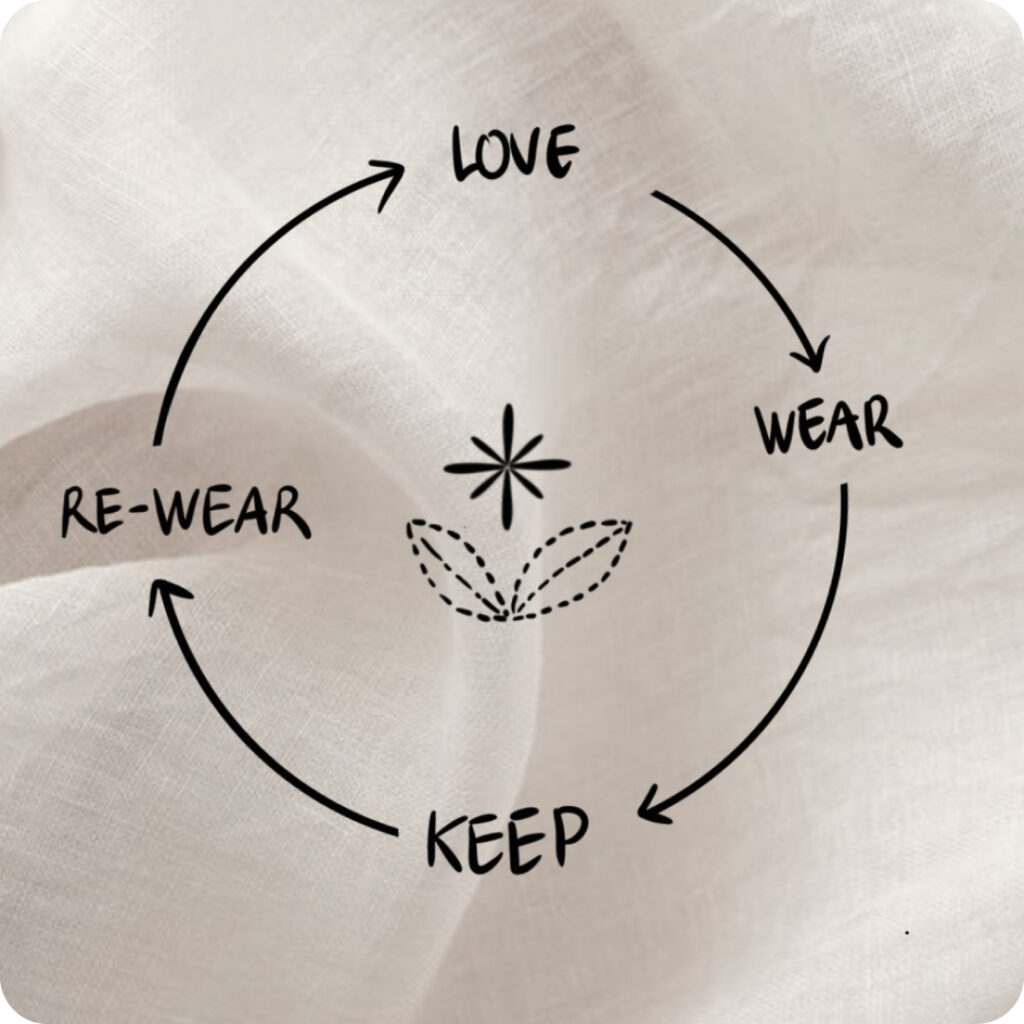Fashion and Eco-Friendly: The Rise of Vegan Fabrics
The apparel industry has witnessed a significant shift towards natural fabrics, which has become a prominent sustainable trend. In today’s era of prioritizing sustainability, natural fabrics have garnered attention for their multitude of advantages, resulting in minimal environmental impact and decreased carbon emissions. This article aims to explore the exceptional benefits of natural fabrics, such as lyocell fabric, organic cotton fabric, organic fabric, vegan fabrics, and natural cotton fabric, in revolutionizing the fashion sector and progressing towards a more sustainable and conscientious future.
What Are Vegan Fabrics?
Textiles made from natural materials, such as plant fibers and animal hair, are referred to as natural fabrics. Cotton, linen, wool, silk, hemp, and jute are examples of these fabrics, all of which are derived from renewable resources. What sets natural fabrics apart is their production process, which avoids the use of synthetic materials and harmful chemicals, making them environmentally friendly options.
Natural fabrics are the best eco-friendly options in the fashion field (Internet Source)
The sustainability of natural fabrics makes them preferable to synthetic fabrics due to several reasons. Firstly, natural fabrics contribute to environmental preservation as they eliminate the requirement for chemical-intensive procedures during the manufacturing process. Moreover, their ability to biodegrade ensures a reduced impact on the environment, as they can be composted at the end of their life cycle. This promotes a circular and environmentally conscious approach to fashion and textiles. In addition to providing comfort and quality, natural fabrics also align with the principles of environmental responsibility and sustainability in the textile industry.
Vegan Fabrics Commonly Used In Tailoring
The following is a popular vegan fabrics list that is loved and used by many people
Organic Cotton
Organic cotton, cultivated through sustainable and environmentally conscious methods, emphasizes soil health and biodiversity. By avoiding the use of synthetic pesticides, genetically modified organisms (GMOs), and artificial fertilizers, this approach promotes ethical and healthier cotton production. As a result, the cotton fibers obtained are free from chemical residue, providing a sustainable and secure choice for textile materials. This makes organic cotton an ideal option for those seeking vegan, natural, and ethically produced fabrics, such as lyocell fabric or organic cotton fabric.
Organic cotton is one of sustainable and environmentally fabric (Internet Source)
Pros:
- Preserve ecosystems by decreasing soil and water pollution.
- Promotes consumer health with non-toxic products.
- Conserves water resources through efficient irrigation.
Cons:
- Potential increase in production costs due to lower yields.
- Possible higher prices resulting from reduced harvest yields.
- Restricted variety of products available.
Recycled Cotton
Recycled cotton represents a variant of natural fabric derived from used cotton waste, either from consumers or industries. This entails the collection, categorization, and processing of discarded cotton textiles, transforming them into usable fibers. This method contributes to prolonging the lifespan of cotton clothing and reducing the necessity to manufacture pure cotton, hence rendering it an environmentally conscious alternative.
Pros:
- Conservation of resources by diminishing the need for fresh cotton cultivation.
- Mitigation of textile waste.
- Enhancement of energy efficiency.
Cons:
- Unstable quality of recycled cotton.
- Potential limitations on color choices.
- Challenging sorting and cleansing processes involved in recycling.
Hemp
Hemp, a plant obtained from cannabis sativa, is renowned for its durable fibers and is widely acknowledged for its versatility and sustainability. With a rich heritage in various industries such as textiles and paper production, hemp boasts a plethora of applications. Notably, the cultivation of hemp necessitates significantly less water, pesticides, and synthetic fertilizers compared to other conventional crops. This makes hemp a compelling choice for those seeking eco-friendly alternatives to materials like lyocell fabric, organic cotton fabric, organic fabric, vegan fabrics, and natural cotton fabric.
Hemp protects the environment because it requires less water and pesticides (Internet Source)
Pros:
- Rapid growth and minimal environmental impact.
- Minimal water and chemical requirements during cultivation.
- Versatile applications in various industries, including textiles, paper, and construction.
Cons:
- Legal limitations on hemp cultivation in certain areas.
- Misidentification with marijuana due to botanical similarities.
- Confronting competition from alternative established eco-friendly materials such as lyocell fabric, organic cotton fabric, vegan fabrics, and natural cotton fabric.
Linen
Linen, a textile obtained from the fibers of the flax plant (Linum usitatissimum), is renowned for its inherent breathability and natural properties. Throughout history, linen has found extensive applications in clothing, home furnishings, and various other domains. This versatile fabric exhibits a distinctive crisp texture and gradually becomes even softer over time.
Pros:
- Linen facilitates air circulation, making it perfect for warm regions.
- The cultivation of flax necessitates less water and fewer pesticides.
- Linen goods exhibit long-lasting durability.
Cons:
- Linen tends to crease easily and requires frequent ironing.
- High-quality linen can be relatively costly.
- Its limited stretch can impact the fit of certain clothing styles.
Cork
Cork, an organic fabric, is derived from the bark of the cork oak tree (Quercus suber), making it a sustainable and renewable resource. Primarily harvested in the Mediterranean region, cork is highly regarded for its exceptional lightweight, buoyant, and elastic characteristics. It is a vegan fabric that aligns with eco-conscious values.
Cork is one of the natural and sustainable materials (Internet Source)
Pros:
- Cork harvesting is non-destructive to trees, enabling periodic collection.
- Cork production methods are free from toxic chemicals, promoting environmental sustainability.
- Versatile applications exist for cork in industries including fashion, packaging, and construction.
Cons:
- Limited supply due to specific growth requirements.
- Vulnerability to climate change impacts.
- Extensive effort and skilled labor are necessary for processing.
How Do Vegan Fabrics Become A Sustainable Trend?
Here are the reasons why vegan fabric clothing is becoming a sustainable fashion trend and changing the apparel industry
Renewable and Biodegradable
Natural fabrics like cotton, linen, hemp, and wool are sourced from renewable resources, allowing for repeated cultivation or harvesting without depleting finite reserves. Unlike synthetic fibers, natural fabrics biodegrade naturally, avoiding the issue of microplastic waste.
Lower Environmental Impact
The production of natural fabrics generally has a lower environmental impact compared to synthetic alternatives. Fewer energy-intensive processes are involved in cultivating and harvesting natural fibers, reducing the environmental footprint.
Natural fabric is becoming a sustainable fashion trend and changing the apparel industry (Internet Source)
Reduced Carbon Footprint
Natural fabrics, such as cotton and hemp, act as carbon sinks during their growth, absorbing and retaining carbon dioxide. Synthetic fiber production releases substantial greenhouse gasses, contributing to climate change.
Energy and Water Efficiency
Compared to the energy-intensive manufacturing processes of synthetic fibers, natural fabric processing generally requires less energy. However, it is important to note that the processing of natural fibers may involve higher water consumption.
The sustainable trend of natural fabrics stems from their renewability, biodegradability, lower environmental impact, reduced carbon footprint, and relatively energy-efficient processing. Nevertheless, it is crucial to acknowledge that the sustainability of these materials depends on various factors, including responsible farming practices, efficient water usage, non-toxic dyeing methods, recycling initiatives, and the promotion of extended product lifecycles through proper care and reuse. These considerations collectively enhance the sustainability of natural fabrics in the fashion and textile industry.
In tailoring, the sustainability trend driven by vegan fabrics marks a pivotal shift towards ethical and environmentally conscious fashion choices. Grasping this changing trend, Rosie Hong is committed to sustainable development as a long-term vision. Rosie Hong pioneers the way forward with a core mission of bringing vegan and bespoke tailoring to the forefront through cutting-edge technology and environmentally conscious practices. If you need high-quality, tailored fashion, please experience our service immediately.

